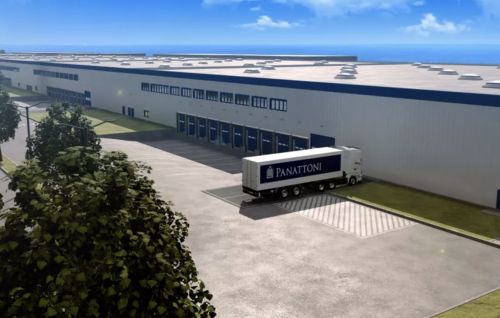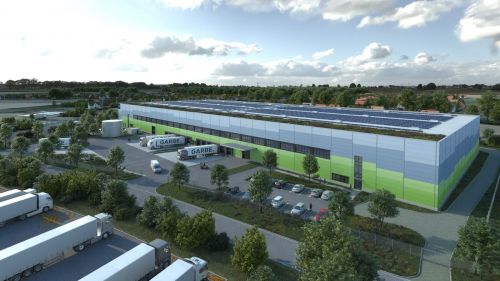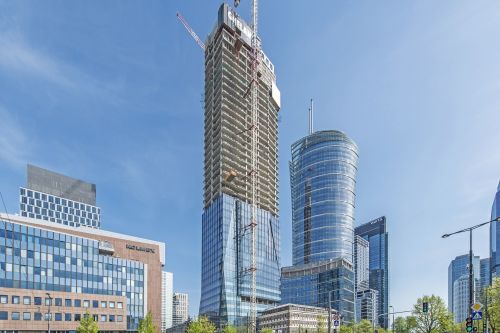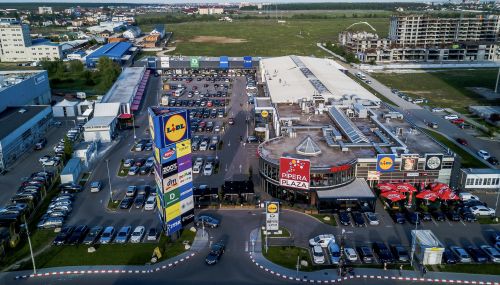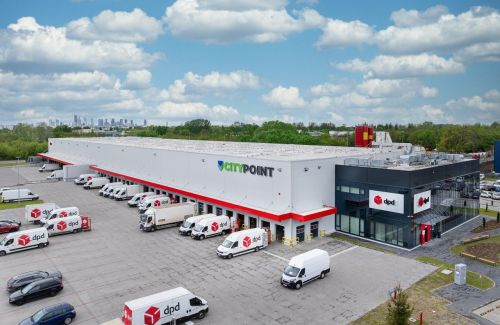Keeping tabs on deliveries
Construction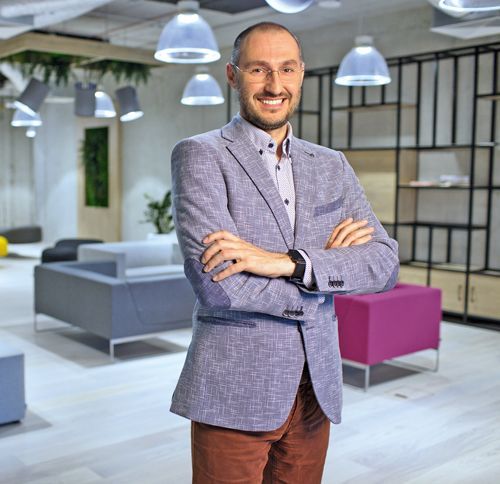
Stanislav Frnka former CEO of HB Reavis Poland and partner of ProperGate: The idea arose while working in HB Reavis on the Varso Place project. There was no system to plan deliveries for construction, and thus minimise the costs of delays. There was no software on the market that would help to properly digitise and optimise all the processes of managing deliveries to a construction site. This was the trigger for us to create the prototype of the ProperGate system. With ProperGate, general contractors have a system to check the materials transported by subcontractors and the tools to verify progress through their usage. Investors, in turn, have a tool to check how general contractors are progressing with their work through the delivery of materials and their usage. The subcontractors themselves gain a tool to plan the deliveries of materials they need for their work and as a result they won’t have to go around putting out fires by organising last minute deliveries. Everyone wins.
ProperGate has aroused interest not just in Poland but also from abroad. Last year, you presented your system in Canada. Are you soon to go into partnership with any Canadian firms?
Stanislav Frnka: We chose that country due to the huge potential of its construction sector. On the one hand, we can see that they use IT in a similar way as in Poland and on the other it is clear that innovative systems are actively promoted in Canada, which makes the market very receptive. While we were researching the Canadian market, we decided to join the Polish Technological Bridges project organised by PAIH, which helps Polish companies expand into Canada. Unlike in Poland, where the dominant players on the construction and real estate markets have for a long time been foreign companies, most construction companies in Canada are actually Canadian and importantly, more and more skyscrapers are being constructed by Asian developers, which could eventually help us enter Asia in the future, which is something we will be preparing for gradually.
Last year you started working with a construction company called Besix. What do you hope to achieve through this?
Stanislav Frnka: Besix is a company that is known for such projects as the Burj Khalifa in Dubai, which is the highest skyscraper in the world. Last July, we were invited to take part in the Besix Group acceleration program. Three months later, we presented our system in front of the Besix Group board and its senior management. Our innovation appealed to the directors of the engineering department in Brussels and the managing director of Six Construct – a Besix subsidiary in the Middle East. It is extremely valuable to our team to have access to those professionals who have constructed the highest buildings in the United Arab Emirates and Morocco who will openly talk of their experience. For our part, we are doing our best to prepare our system so that it meets the group’s requirements and effectively addresses the biggest material management challenges on site in the most effective way. We are preparing to integrate the system with BIM and other systems to improve productivity and lower operational costs, including the maintenance and servicing of a building after its completion. In the coming months, our system is to be tested out on skyscraper projects that are soon to be launched in Dubai and Rabat, the capital of Morocco.
How do you plan to further develop the ProperGate system this year and in the future?
Stanislav Frnka: Our long-term goal is to improve the efficiency of large construction projects. We will be working on expanding ProperGate over the next few years and intend to add functionality and support for the latest innovative systems. Currently, we are focusing on building skyscrapers, office buildings and residential buildings, but we are also going to expand our system to include projects for large stadiums, hospitals and other such large buildings. We have also received enquiries regarding pipeline construction, which we are going to address at some point, too. We have also begun discussions with the major construction companies and developers on the Polish market and we are in talks with the major firms from France, Belgium, Norway, Germany, Austria, and Canada. A few of them are sure to pilot the system in 2019. Over the next few years, we will expand to other countries in the European Union as well as to Scandinavia, Middle East and North America, where there is much more interest in optimising construction sites and companies are not afraid of investing in start-ups. This is the first step to positive changes.











































